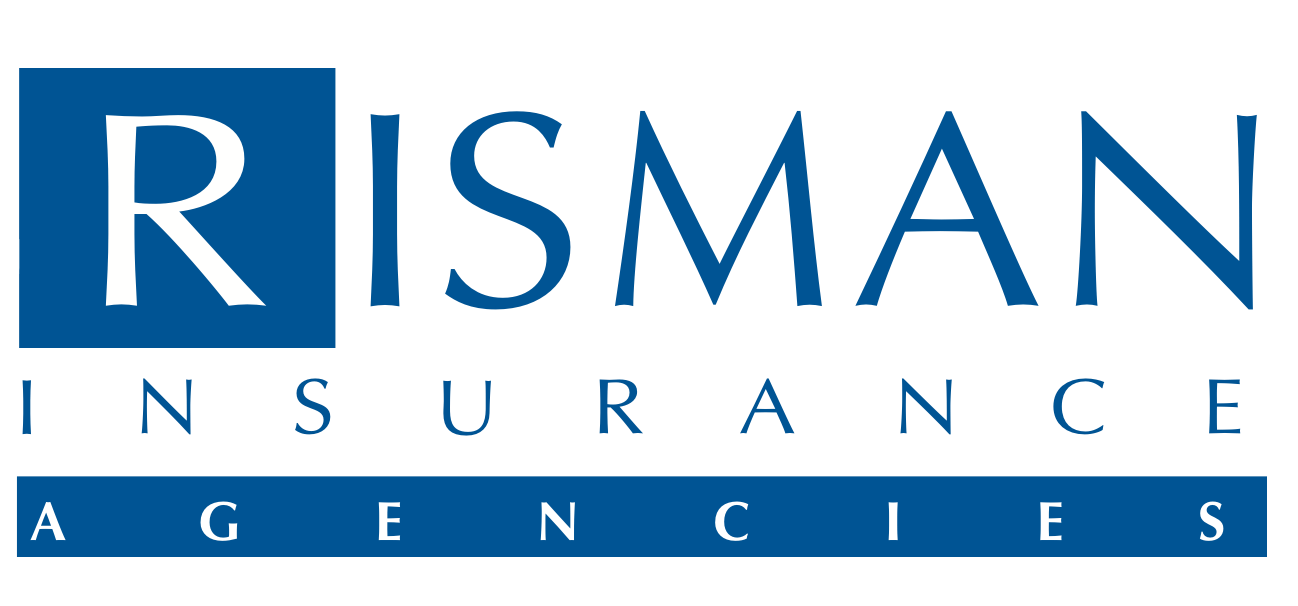In the era of the gig economy and ever-expanding delivery services, many individuals are turning to their vehicles as a means of income generation. Whether it’s delivering food, transporting passengers through ride-sharing apps, or conducting business-related errands, the line between personal and commercial vehicle use is becoming increasingly blurred. However, what many fail to realize is that standard auto insurance policies may not adequately cover vehicles used for business purposes. In this blog post, we’ll delve into the nuances of auto insurance, explore its limitations concerning business use, and highlight why it’s crucial to notify your agent and review your coverage accordingly.
Understanding the Limitations:
Auto insurance policies are primarily designed to cover personal use of vehicles, such as commuting to work, running errands, or going on road trips. However, once a vehicle is used for business purposes, such as delivery or ride-sharing services, it falls into a different category of risk. The increased frequency of driving, exposure to unfamiliar routes, and carrying passengers or goods can significantly elevate the likelihood of accidents.
Standard personal auto insurance policies typically exclude coverage for incidents that occur while the vehicle is being used for commercial activities. This means that if you’re involved in an accident while making a delivery or transporting passengers for a fee, your insurer may deny the claim, leaving you personally liable for damages, medical expenses, and legal fees. Moreover, engaging in business-related activities without proper coverage could result in policy cancellation or non-renewal, leaving you without any protection in the event of an accident.
The Importance of Notifying Your Agent and Reviewing Coverage:
Given the potential pitfalls of relying on personal auto insurance for business use, it’s imperative to communicate with your insurance agent and review your coverage thoroughly. Here’s why:
- Tailored Coverage Options: Many insurance companies offer specialized policies or endorsements specifically designed for commercial vehicle use. By notifying your agent about your business activities, they can help you explore coverage options that align with your needs and mitigate potential risks.
- Compliance with Regulations: Depending on your location and the nature of your business, there may be legal requirements or regulations mandating certain levels of insurance coverage for commercial vehicles. Failing to comply with these regulations could result in fines, penalties, or even suspension of your business operations.
- Protection for Your Assets: Investing in adequate insurance coverage for your business vehicle(s) safeguards your financial assets and livelihood in the event of an accident or liability claim. Without proper coverage, you risk facing significant financial losses that could jeopardize your business and personal finances.
- Peace of Mind: By proactively reviewing and updating your insurance coverage, you can have peace of mind knowing that you’re adequately protected against potential risks and liabilities associated with business use of your vehicle(s).
Navigating the complexities of auto insurance when it comes to business use requires careful attention and proactive action. By notifying your agent, reviewing your coverage, and exploring tailored insurance options, you can ensure that you’re adequately protected against potential risks and liabilities. Don’t wait until it’s too late – take the necessary steps to safeguard your financial well-being today.

Recent Comments